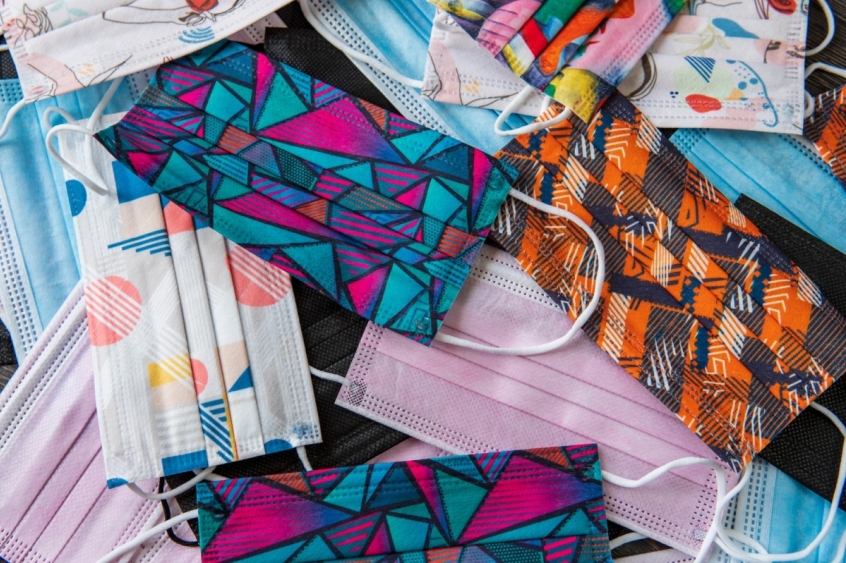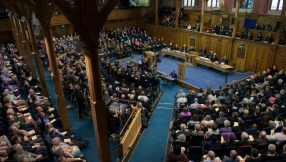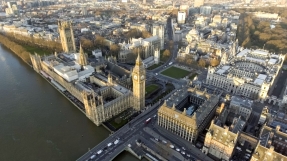
As the momentous day arrives, with all but a few restrictions lifting on 19 July, reactions have been mixed and the biggest issue it seems is the removal of all rules surrounding mask use and social distancing.
It's difficult to assess the exact figures of people happy about not wearing a mask as anti-maskers are a noisy lot on social media!
What I've noticed, though, is the amount of people not vulnerable to this virus who have reduced the concerns of many down to either cowardice or bravery.
I have also noticed the triumphalistic response of many church and organisational leaders to the news, who have then reduced the concerns of those voicing them to "we'll still be online", or "maybe it's time to be brave".
Apart from completely misreading what people are saying, they are missing the issues behind those concerns - it is much more than being able to sit in a church building.
I'll start with one fact. Having two vaccines doesn't make you immune, it helps reduce the risk of death and serious illness but it doesn't stop you catching Covid - far from it.
There are many people out there who know they would become seriously disabled due to getting this virus. Others will become more disabled than they already are, and for many chronically ill and vulnerable people it will cause life-changing issues.
We are NOT cowards, this is NOT something to be brave about. We are at risk.
We were hoping that mask and social distancing rules would be kept until the virus was no longer actively circulating, rather than removing them when cases are actively rising. To have kept the rule would have supported those, who like me, are at huge risk of becoming so disabled it would change our lives.
It means we can't use public transport, it means we can't be in crowded spaces, it makes work difficult (disabled people are already being denied the ability to work from home and losing their jobs as a result), and for those of us in ministry, it's making ministry much harder with the insistance of being 'in person' for everything. I'm thankful that the organisations I work with are happy to provide the means to join a physical meeting online, but that is oh so rare.
There are also hidden issues to the "we'll still be online" response. There are a lot of churches not remaining online, because they are afraid no one will want to come back.
Other churches now see it as the answer to being accessible rather than making the effort to be accessible in their building too - online is just one expression of accessibility out of many. I fear we may end up with another version of 'them and us', with disabled and chronically ill people siloed and forgotten.
Those not able to come to a building before the pandemic were often forgotten, with no pastoral care or contact. I fear we may go back to this 'out of sight, out of mind' thinking because, well, we're livestreaming! Isn't that enough?
When we hear people voicing their concerns, it would be wiser to listen to those concerns, and include them in future decisions surrounding worship and pastoral care.
Please don't dismiss us with naive comments. And most of all, don't forget us.
I had hoped the only struggle I would have in the return to normality would be how to start wearing shoes again! I was very wrong.
Kay Morgan-Gurr is Chair of Children Matter and Co-Founder of the Additional Needs Alliance, part of the Evangelical Alliance Council. She blogs at www.ThePonderingPlatypus.com. Follow her on Twitter @kaymorgan_gurr













